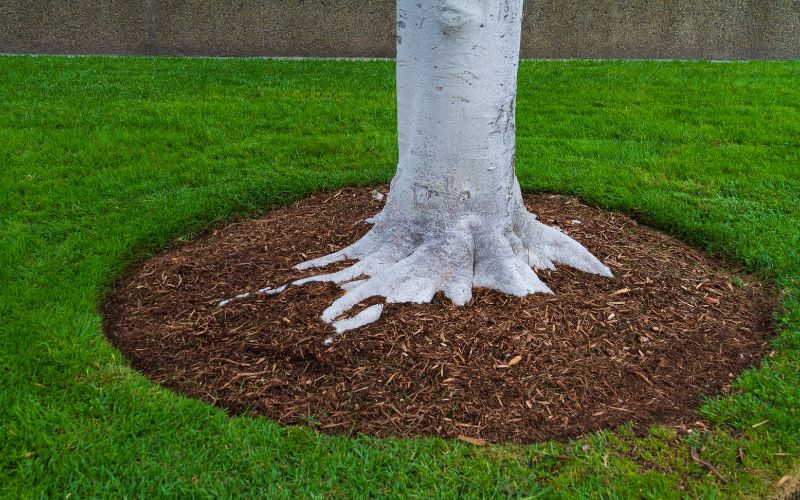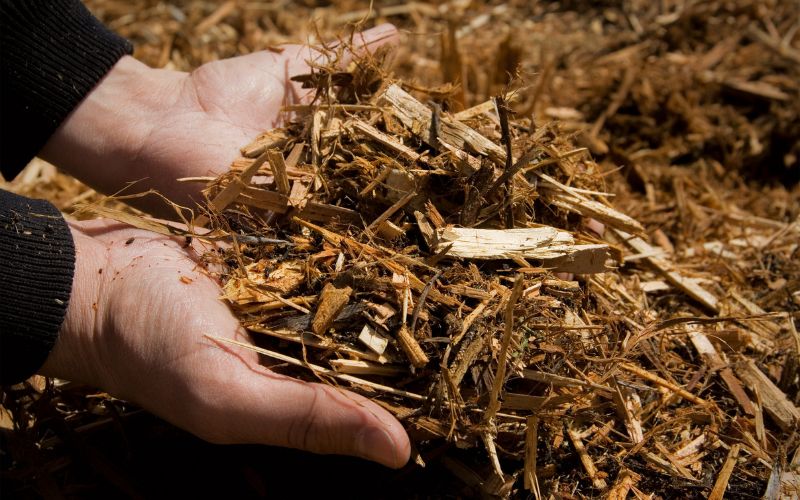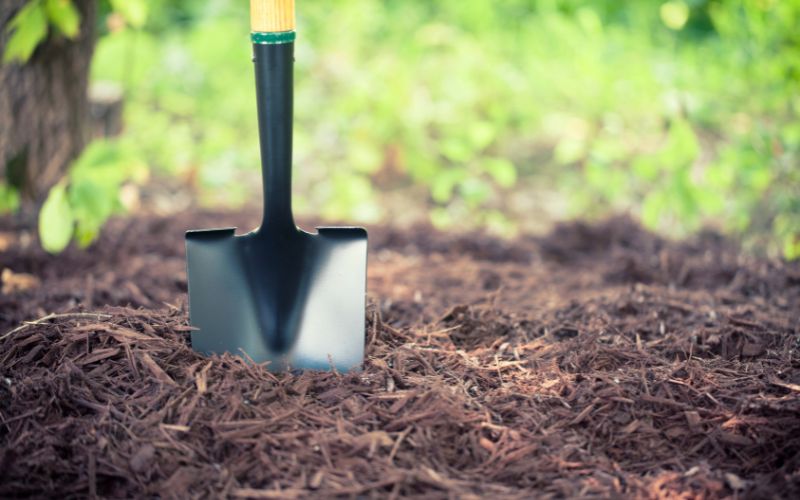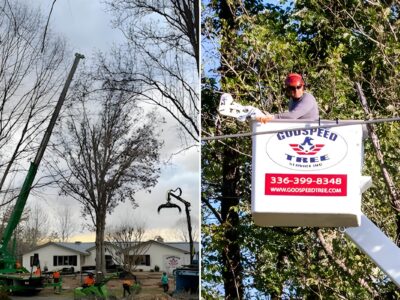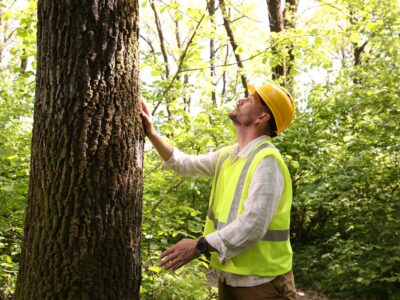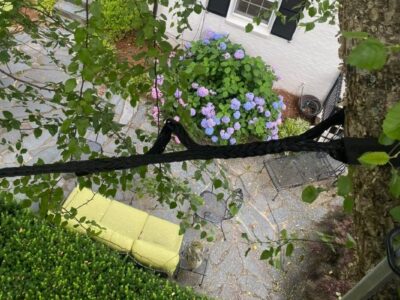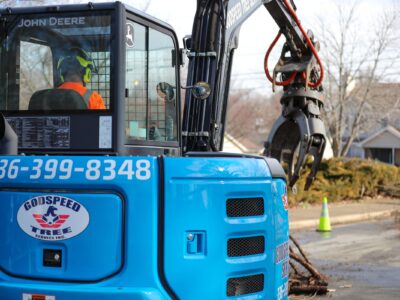Benefits of Using Organic Mulch for Your Trees
March 28, 2024
Organic mulch provides critical nutrients to your trees, improves soil health, and even prevents weeds, and that’s just the beginning.
Tree mulching helps your trees grow, but it’s not that black and white. The type of tree mulch you use matters, especially if you want to accelerate your tree’s growth.
There’s a market full of inorganic mulch that, while it does provide some benefits, doesn’t help your trees as much as it could. Organic mulch provides benefits that shouldn’t be glossed over regardless of what stage of growth your trees are at.
In this article, we’ll go over all the reasons you should use organic mulch for your trees (and start as soon as possible).
Key Takeaways
- Organic mulch aids and accelerates tree growth.
- By reducing light and creating a barrier, organic mulch stifles weed seedling germination.
- With organic mulch, you don’t encounter as much soil compaction (crucial for your trees to breathe).
- Your tree roots can retain necessary amounts of moisture while having space to breathe when you use organic mulch.
Direct Nutrition to Your Trees
Organic mulch slowly decomposes, providing a drip feed of nutrients into the soil around your tree roots. This helps improve soil structure, while delivering nutrition key to growth and development at all stages.
Trees require a blend of nitrogen, phosphorus, potassium, and various micronutrients to thrive. Organic mulch contains all of these, though the micronutrients can differ depending on what type of organic mulch you choose. A certified arborist can help you make that decision for your particular types of trees.
Many inorganic mulches don’t contain the right blend or amount of nutrients. Instead, they primarily act as weed barriers, and are often used for aesthetic purposes. Organic mulch provides everything your trees need for optimal health.
Prevents Weeds from Popping Up
Mulch is often sought to prevent weeds from spawning around the base of trees. You see it everywhere: homes with three- or six-foot wide rings of mulch around tree bases.
Organic mulch is championed for its nutritional benefits for trees, but it also prevents weeds from popping up similarly to inorganic mulch. It helps by:
- Creating a Barrier: Just like with other mulch types, the barrier prevents weeds from popping through the surface. Since weeds can interfere with nearby tree roots and impact tree development, you want to prevent weeds while nurturing your trees at the same time.
- Reducing Light: Light spills through canopies and nurtures the ground below. Weed seedlings benefit from this as well. Tree roots can be sensitive to light, so blocking light through organic mulch has more than one benefit.
- Lowering Seedling Germination Rates: Nature always finds a way, so some weeds may still appear from time to time. While organic mulch delivers key nutrients to your tree roots, it isn’t the same as soil. It’s not an environment that nurtures weed seedlings, so they have a much harder time germinating in a bed of mulch.
Reduces Soil Compaction
Soil can form a thin layer of crust on the surface that impairs water permeation. When your soil isn’t getting enough water, tree roots under the surface also suffer. Organic mulch helps avoid that problem.
Another problem with soil compaction is temperature regulation. Your tree roots can become stressed under extreme temperatures, and compact soil makes it more difficult to offset heat. Organic mulch helps tree roots breathe easier so your roots can cool off throughout the day.
Different mulch materials will settle at different rates. When mulch settles, you run into the same problems you get with soil compaction. Even with organic mulch, you should plan to re-mulch once every 1-2 years to avoid compaction.
Improves Soil Moisture Retention and Root Aeration
Soil forms a crust that prevents water from reaching your roots. If water does permeate the soil, that crust can prevent proper root aeration as well.
That can lead to root rot, upheaved soil, and may even lead to your tree roots weakening to the point of failure, killing the tree in the process. The tree then needs to be removed before it becomes a safety hazard.
Organic mulch helps your tree roots absorb water with improved moisture retention. On the same note, your roots need to absorb oxygen. When saturated, roots will suffocate because moisture doesn’t leave the surrounding soil.
With organic mulch, the top layer around your tree remains loose and breathes for one or more years, providing a hospitable environment for tree roots and reducing the risk of root rot.
Lay the Right Mulch as Soon as Possible
Facing trouble with your trees in the Winston-Salem area? Our fertilization services help your trees grow, resist disease and pests, and improve overall soil health and quality.
Contact us today to schedule a property inspection and discuss your next move regarding organic mulching. We’ll help you find the right organic mulch for your trees and lay it for you.

Godspeed Tree Service
Owned and operated with high standards and consistent reliability by Bobby Gates, Godspeed Tree Service has earned the trust of the North Carolina Triad community over the course of more than 25 years in business. With a strong emphasis on safety, conscientious training, and accommodating the needs of each client, you can't go wrong by hiring Godspeed for any of your tree service needs!
